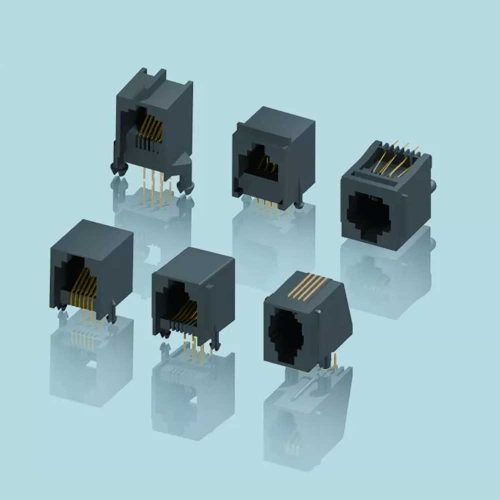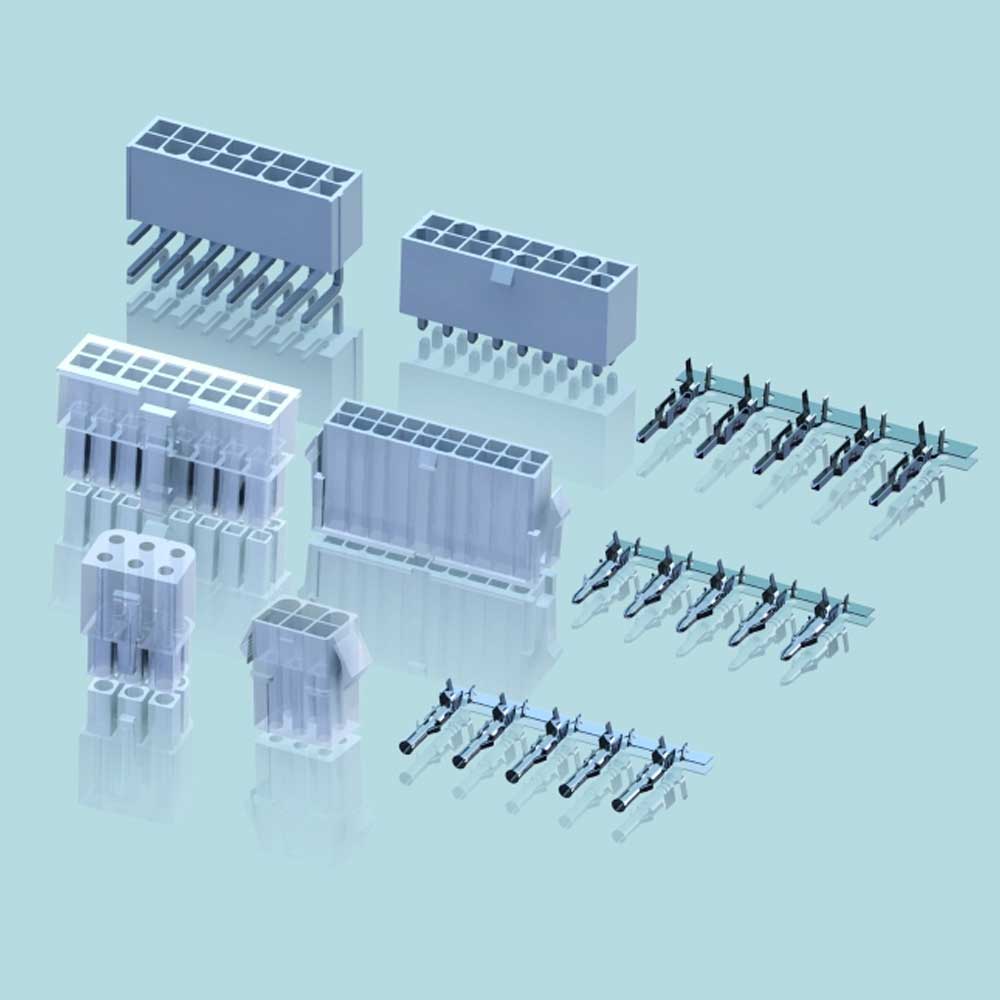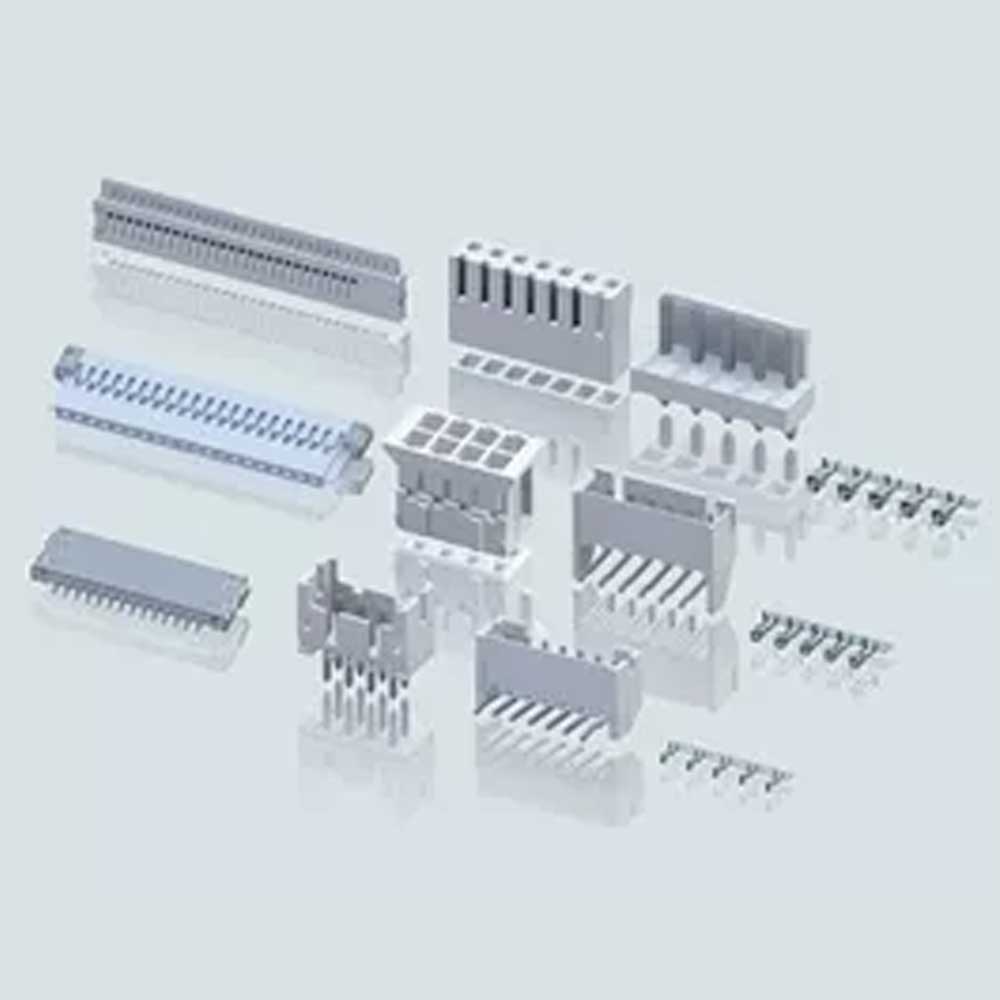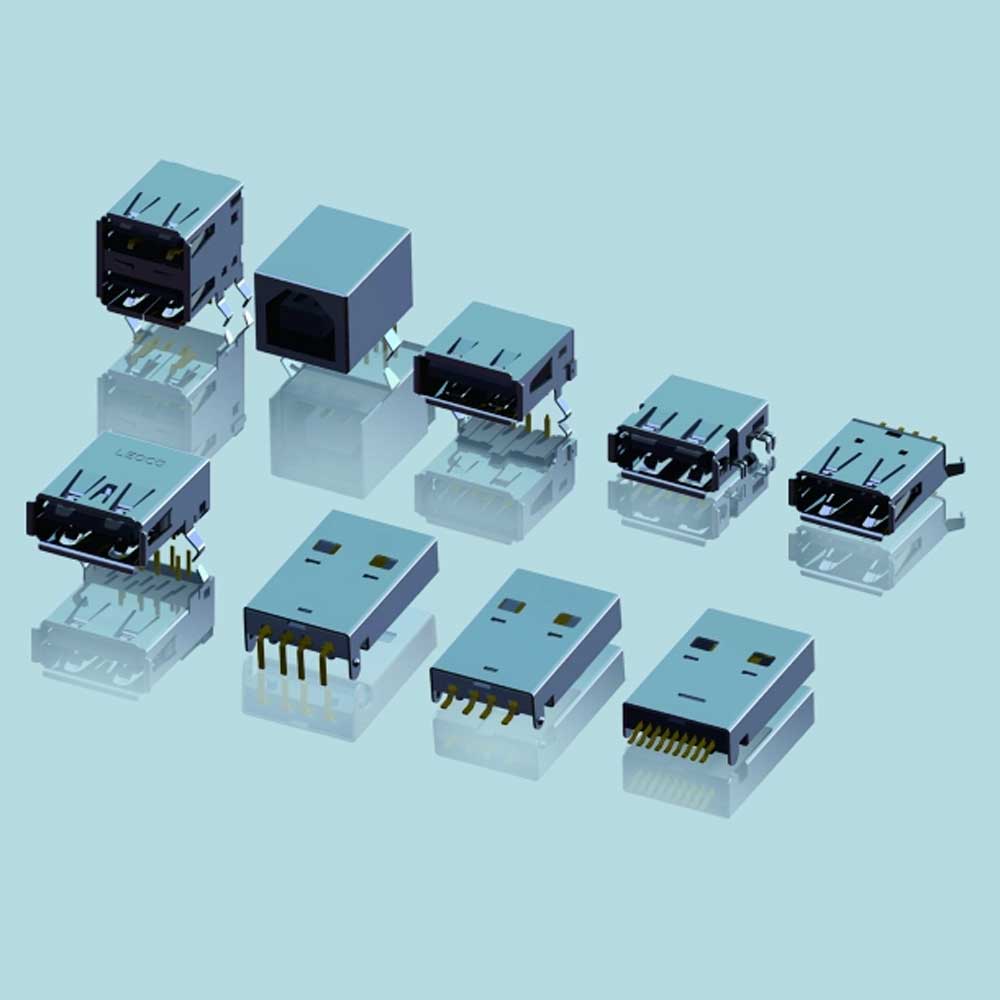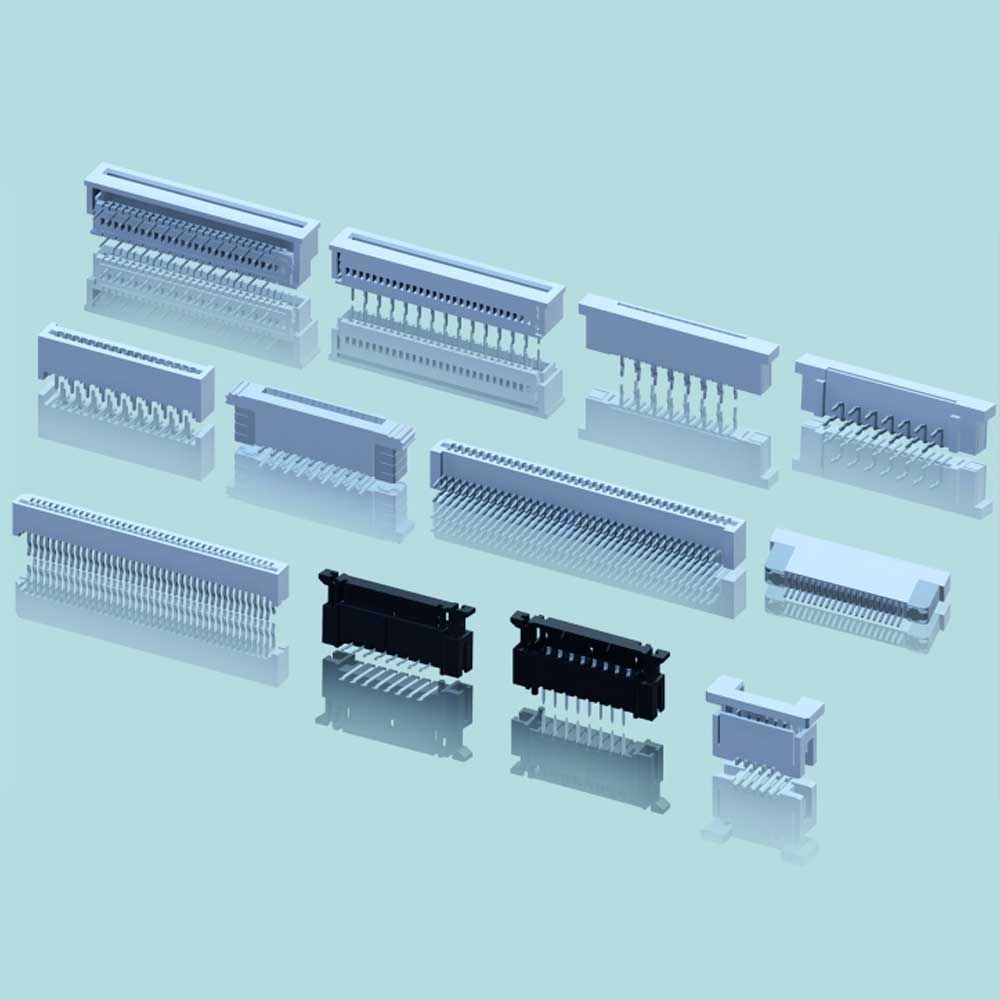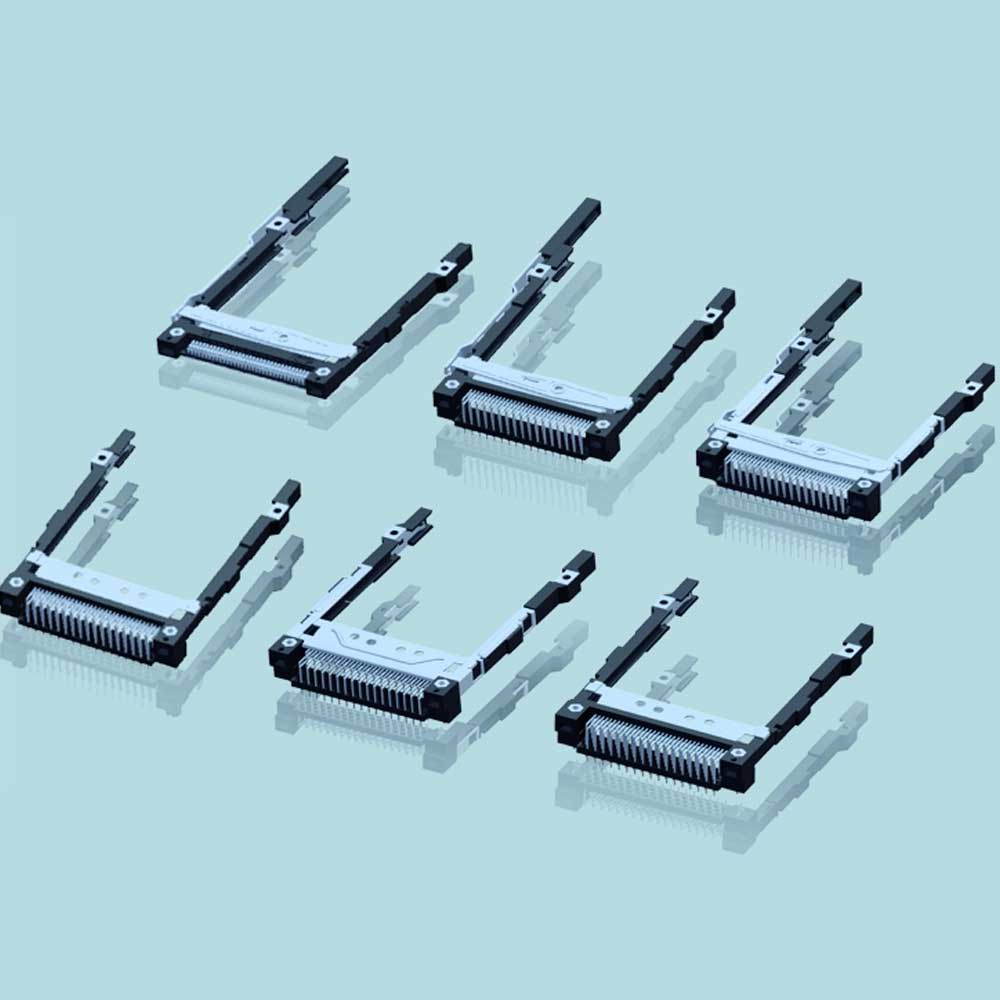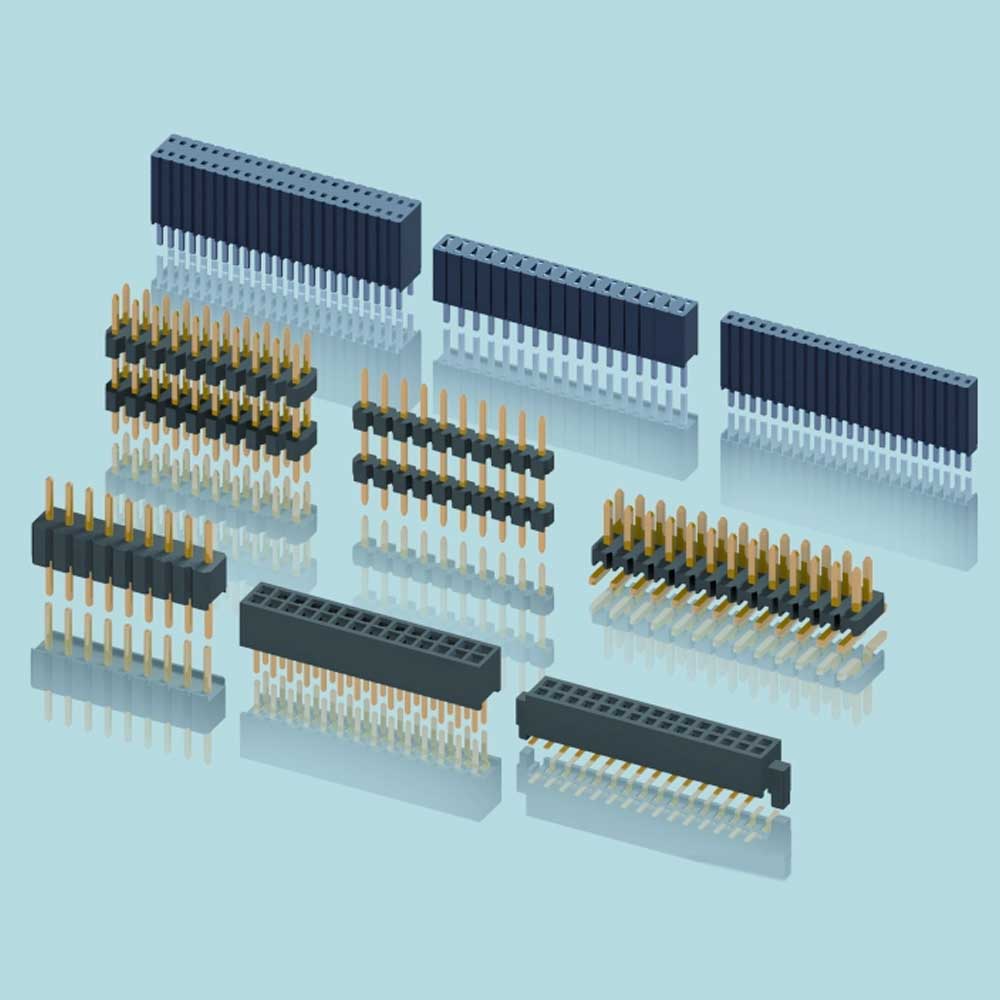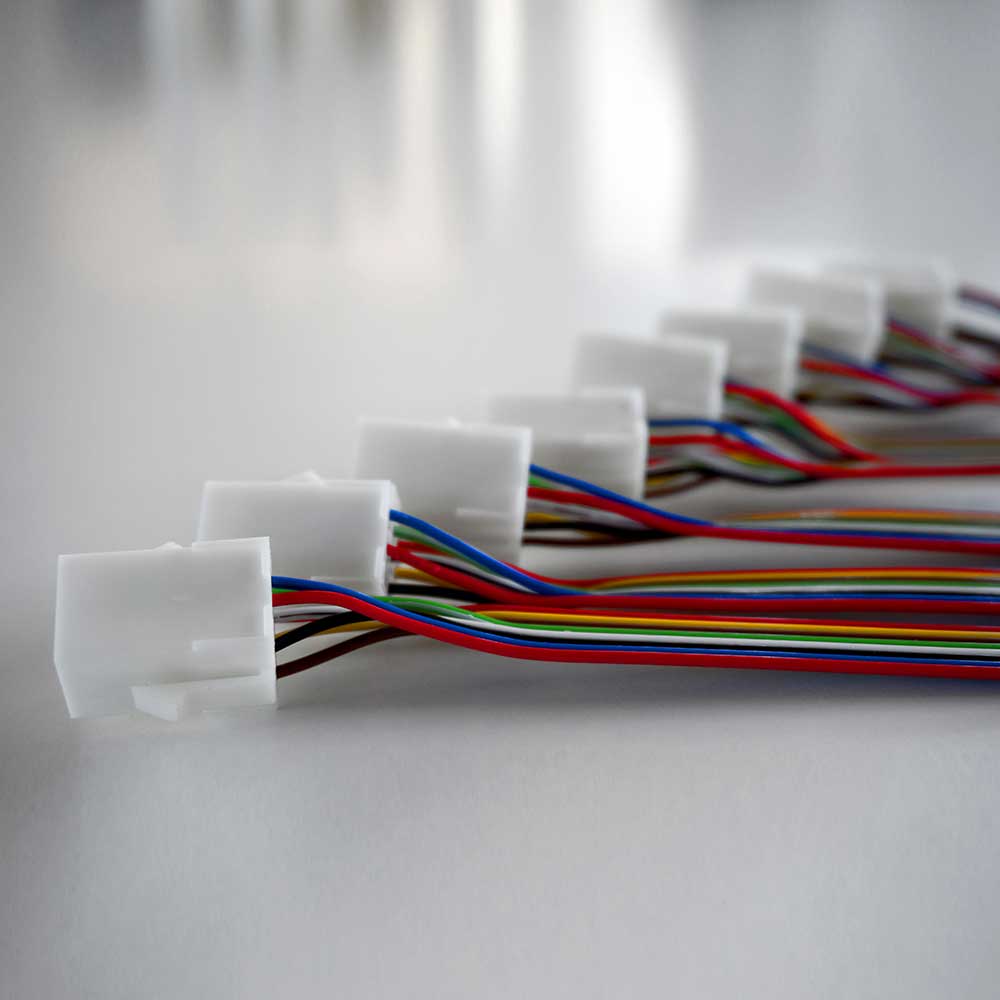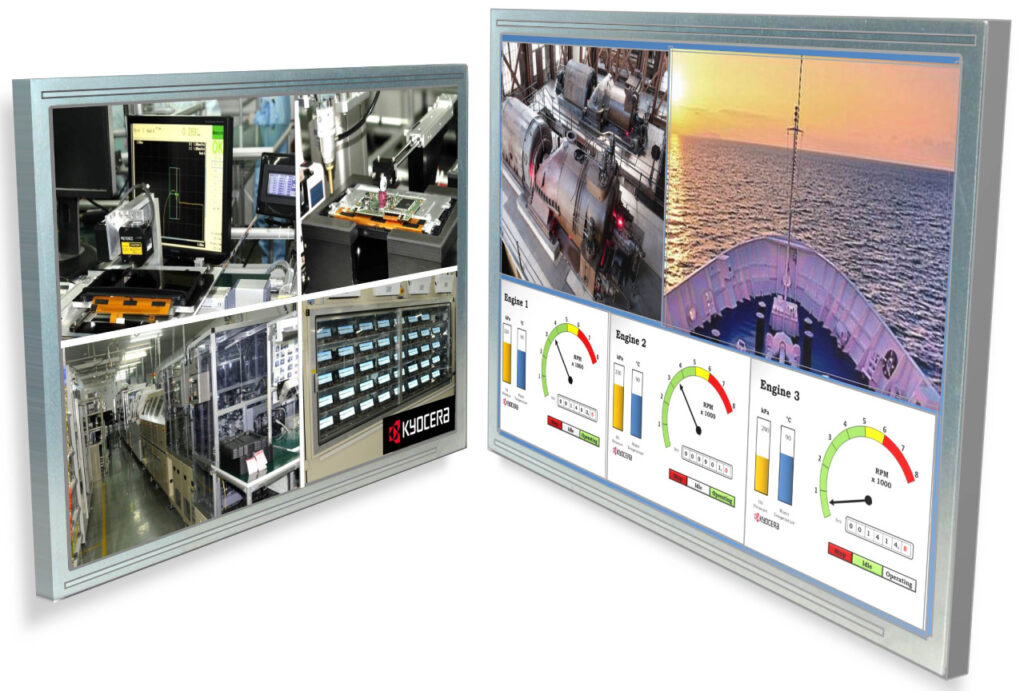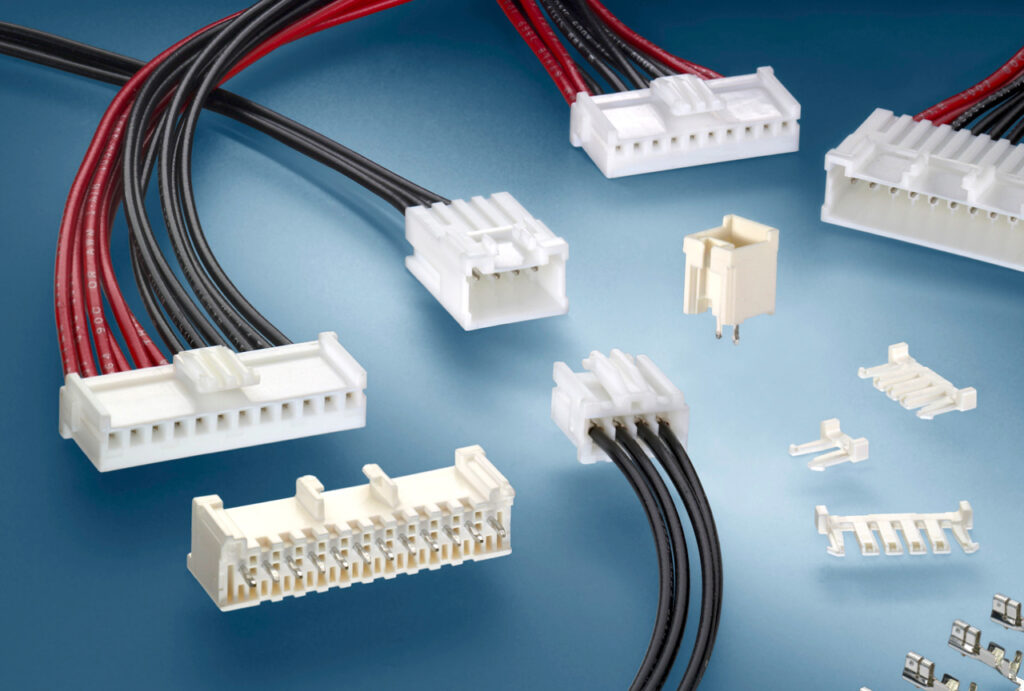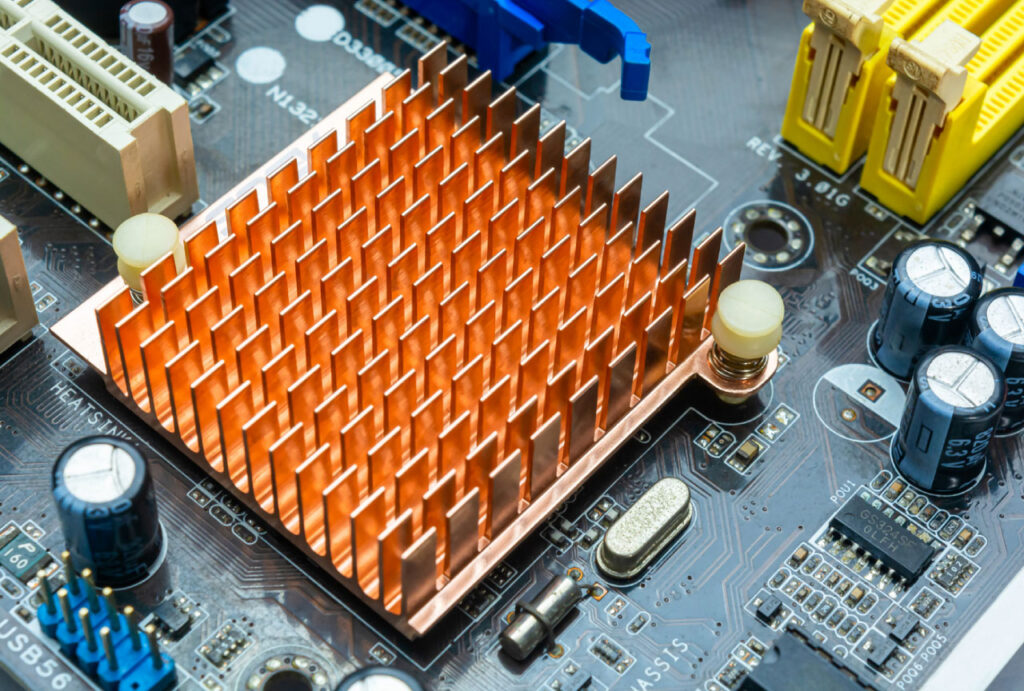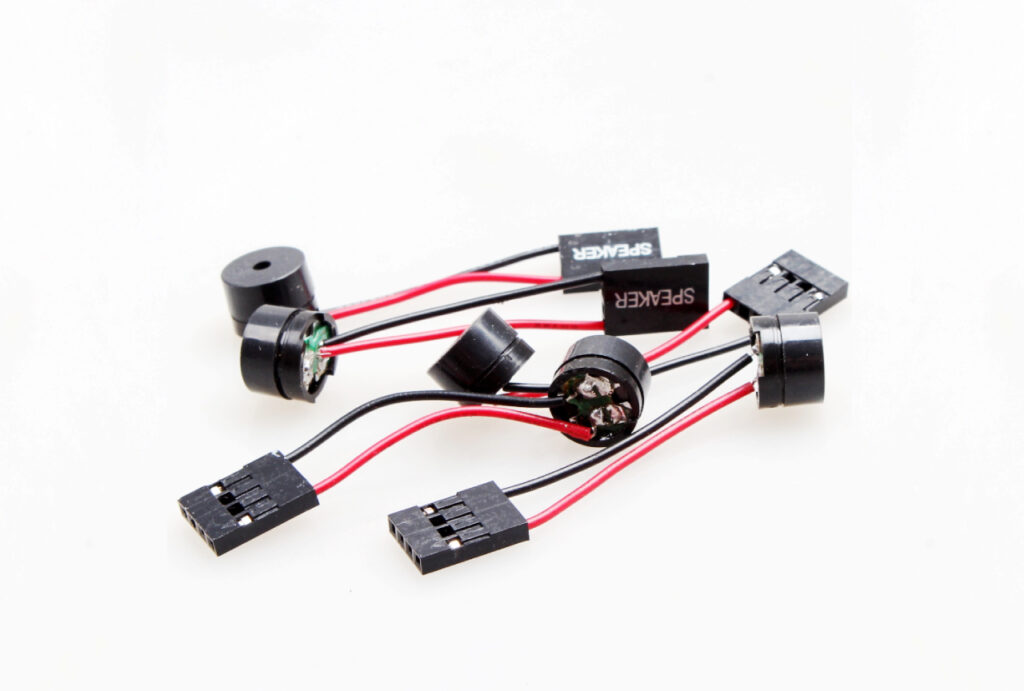Telecom Connectors
Home » Products » Connectors » Telecom Connectors
Telecom connectors are one of the most important electronic components in the telecommunications industry. They are used to connect various telecommunications devices, such as routers, modems, switches, and phones, to each other and to networks. They come in a variety of sizes and types to fit different applications, and they play a crucial role in ensuring reliable and efficient communication.
About
How the technology works
Telecom connectors work by creating a physical connection between two or more devices, allowing them to exchange data and information. The connectors consist of male and female parts, which are designed to fit together securely and precisely. The male part usually consists of pins or plugs that fit into the female part, which has corresponding sockets or receptacles.
Telecom connectors are usually made of materials such as metal or plastic, which provide durability and reliability. They may also have additional features such as shielding, which protects against electromagnetic interference and helps to maintain signal integrity.
Advantages and limitations
One of the main advantages of telecom connectors is their versatility. They can be used for a wide range of applications, from small home networks to large enterprise systems. They are also relatively easy to install and remove, making them ideal for situations where devices may need to be moved or replaced.
However, telecom connectors do have some limitations. One of the main challenges is ensuring that the connectors are properly aligned and securely fastened, as any misalignment or loose connection can result in signal loss or other issues. Additionally, some types of connectors may not be compatible with certain devices or network protocols, which can limit their usefulness in certain applications.
Applications
Telecom connectors are used in a wide range of applications, including:
-
Networking equipment: Telecom connectors are used to connect routers, switches, and other networking equipment to each other and to networks.
-
Telephony: Connectors are used to connect phones, modems, and other telephony equipment to networks and to each other.
-
Consumer electronics: Connectors are used in a variety of consumer electronics, including TVs, gaming consoles, and home audio systems.
-
Industrial applications: Connectors are used in a variety of industrial applications, including automation systems, robotics, and control systems.
Conclusion
Telecom connectors play a critical role in the telecommunications industry, enabling reliable and efficient communication between devices and networks. While they have some limitations, their versatility and ease of use make them an essential component in many different applications. As technology continues to evolve, we can expect to see new and innovative telecom connectors that offer even greater performance and functionality.
